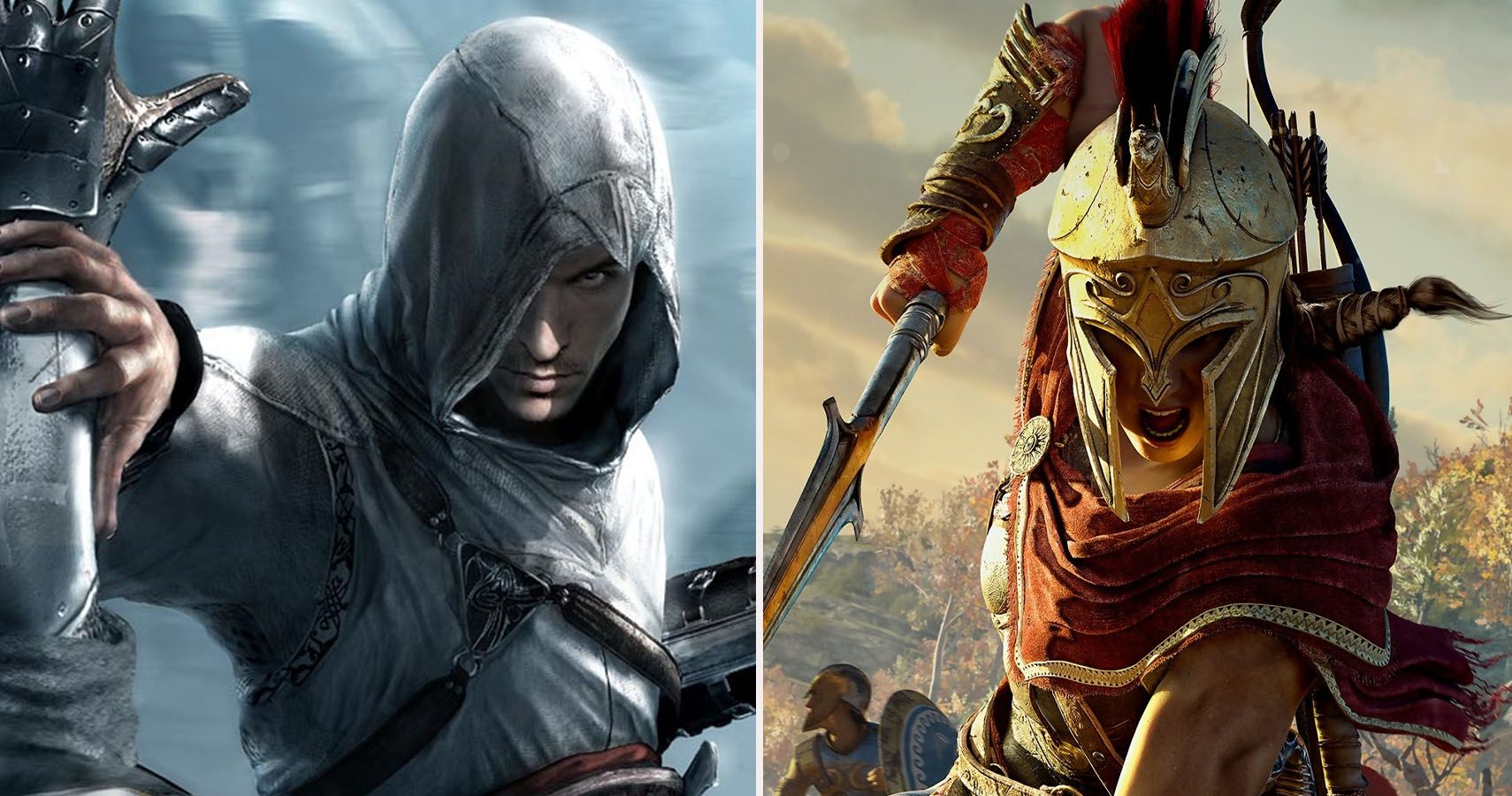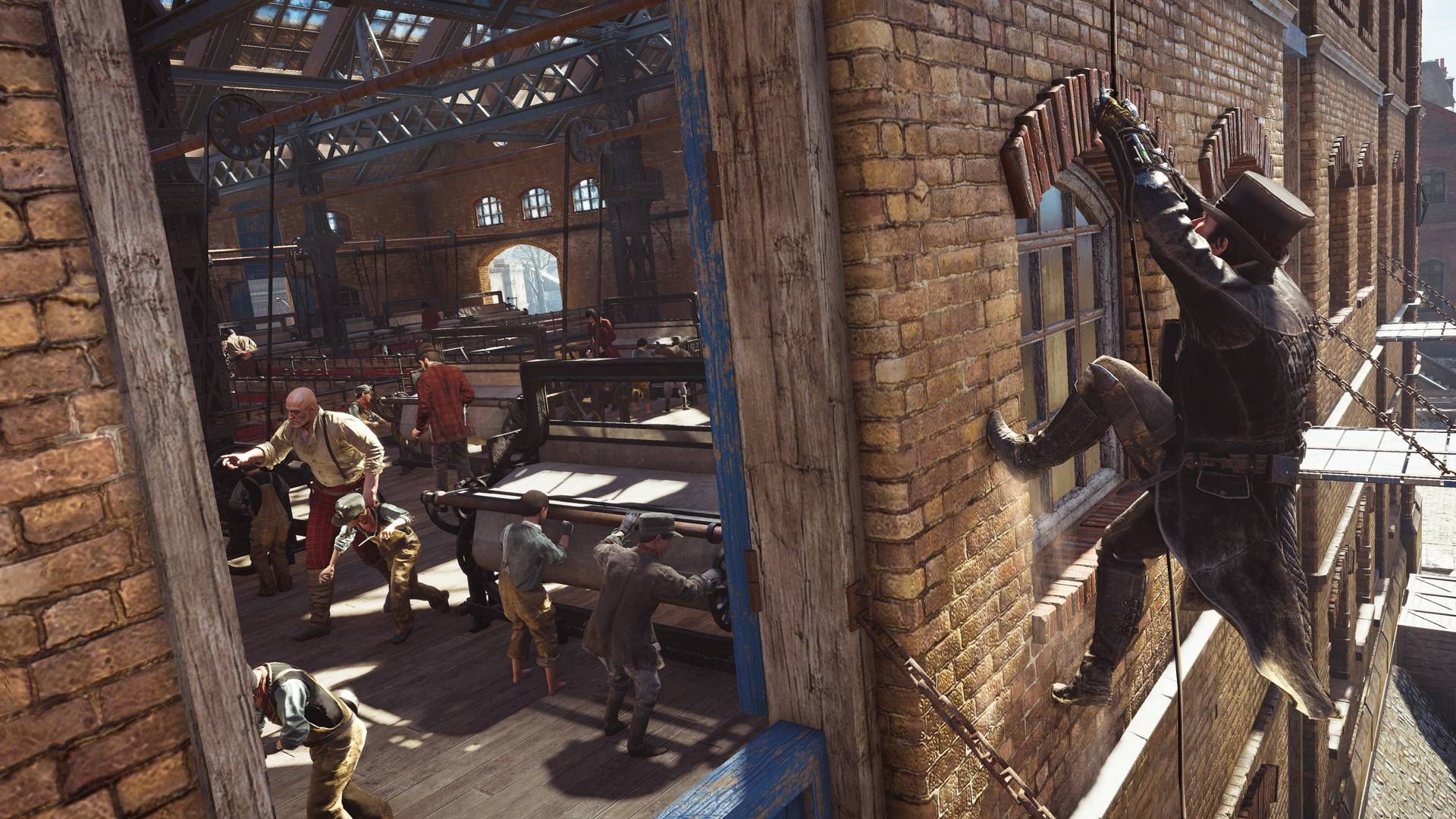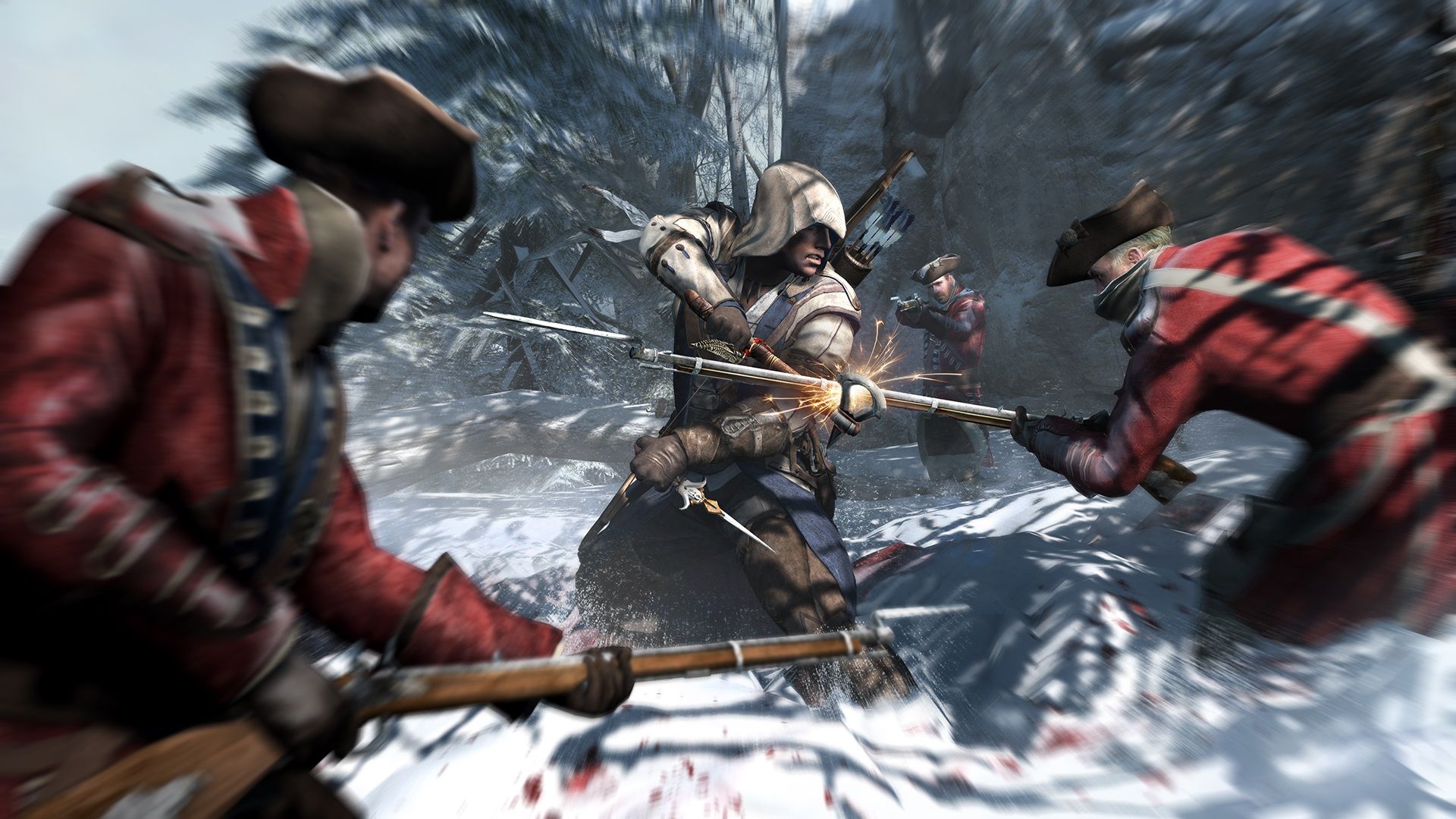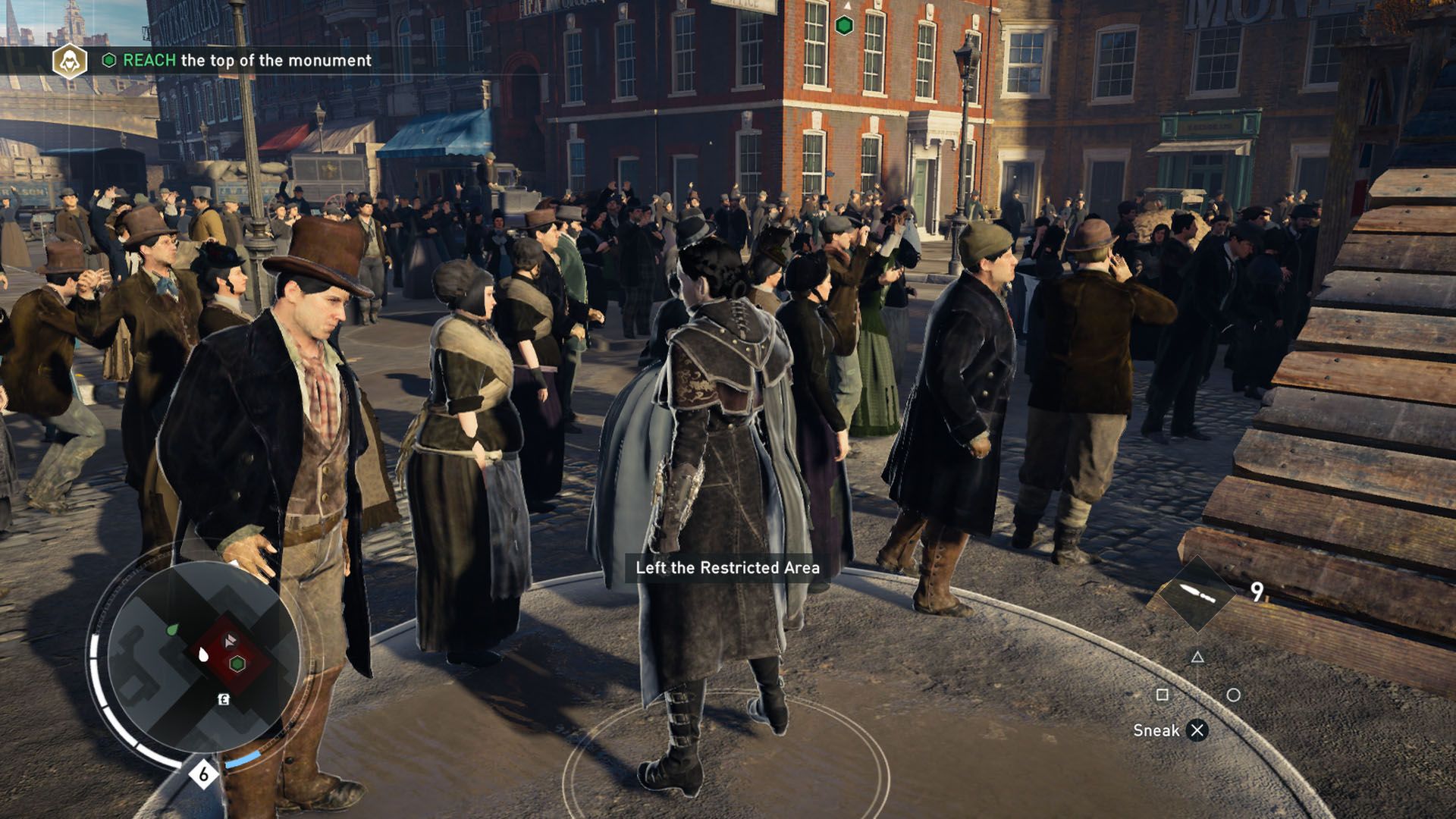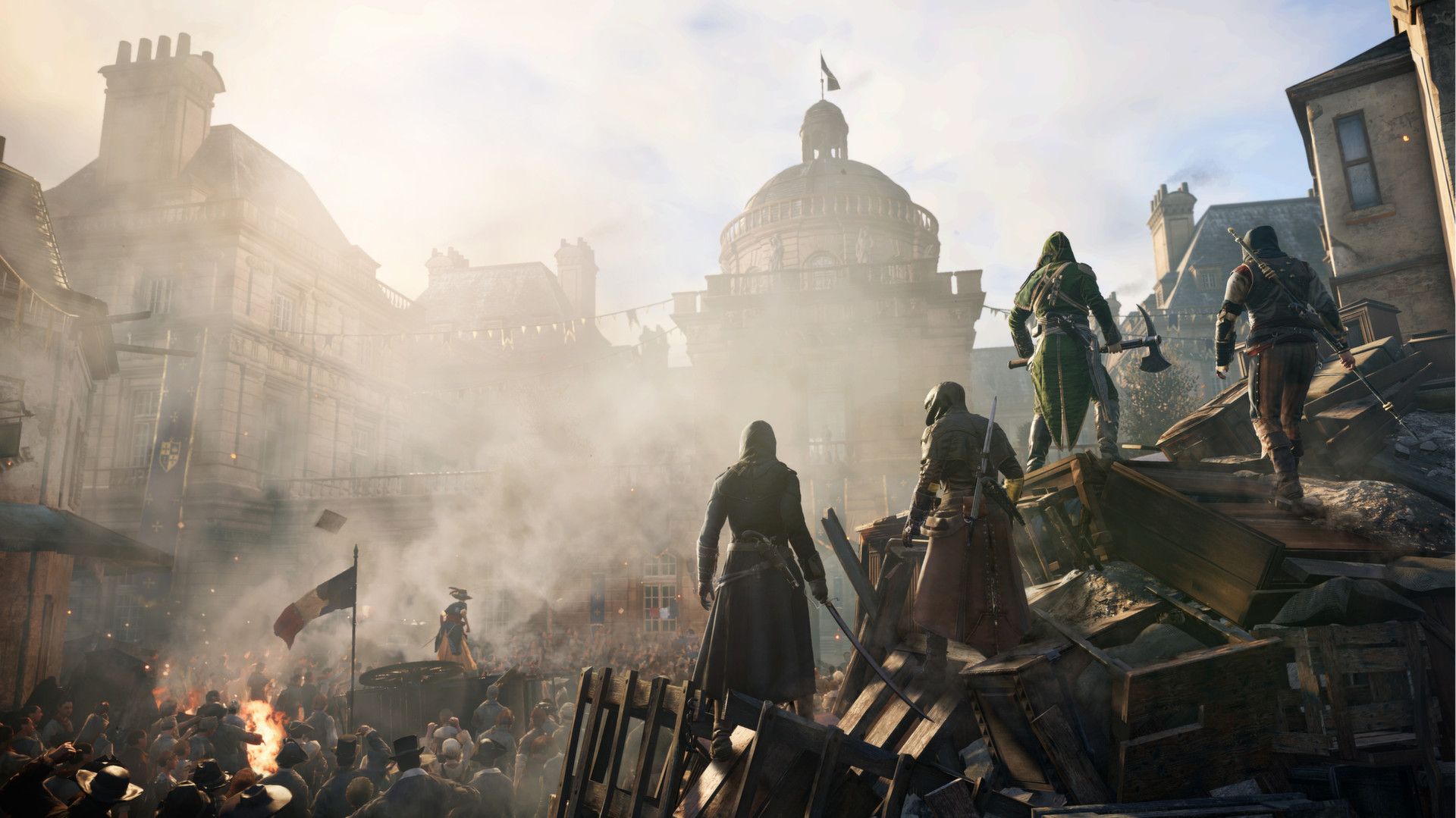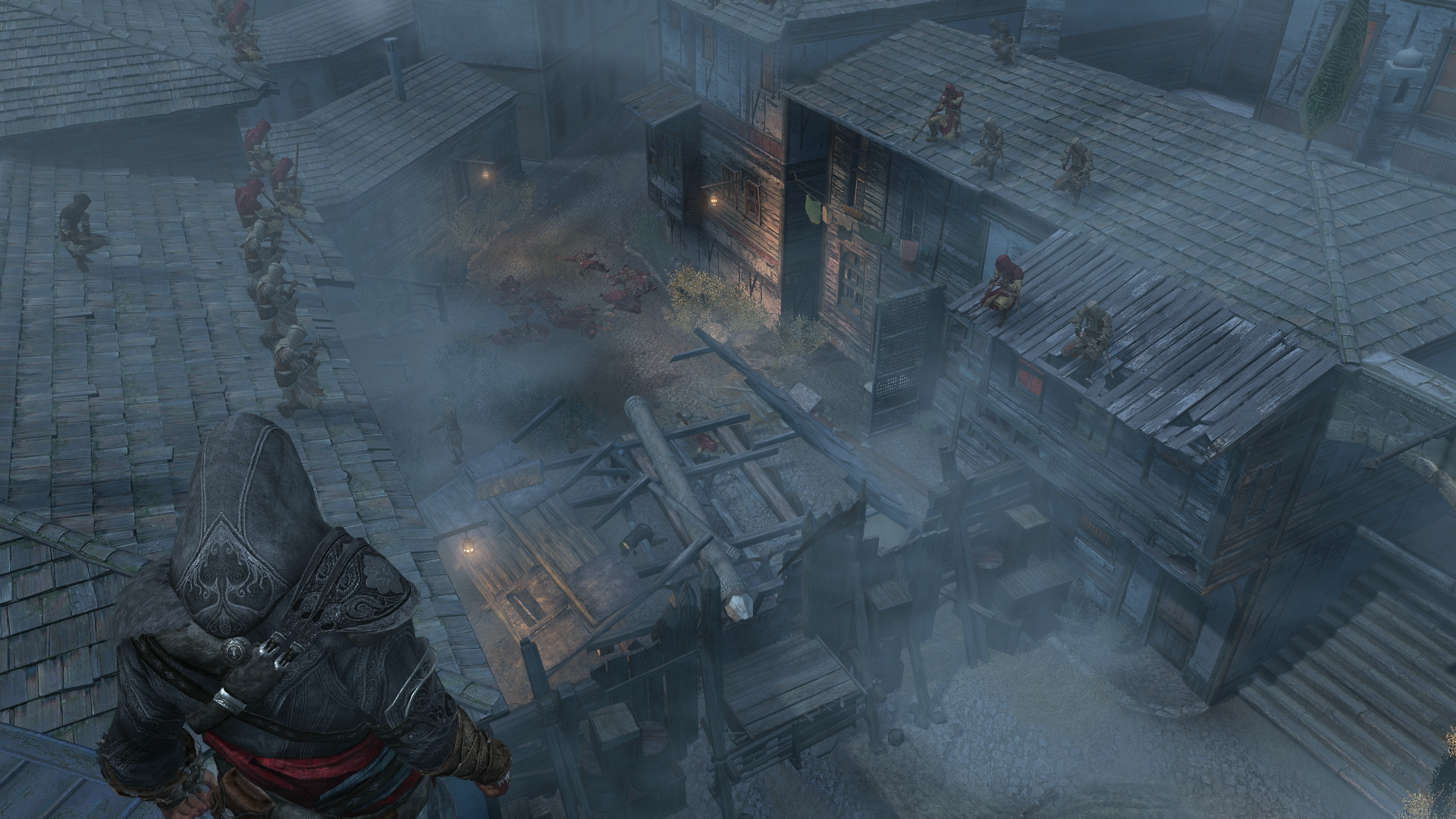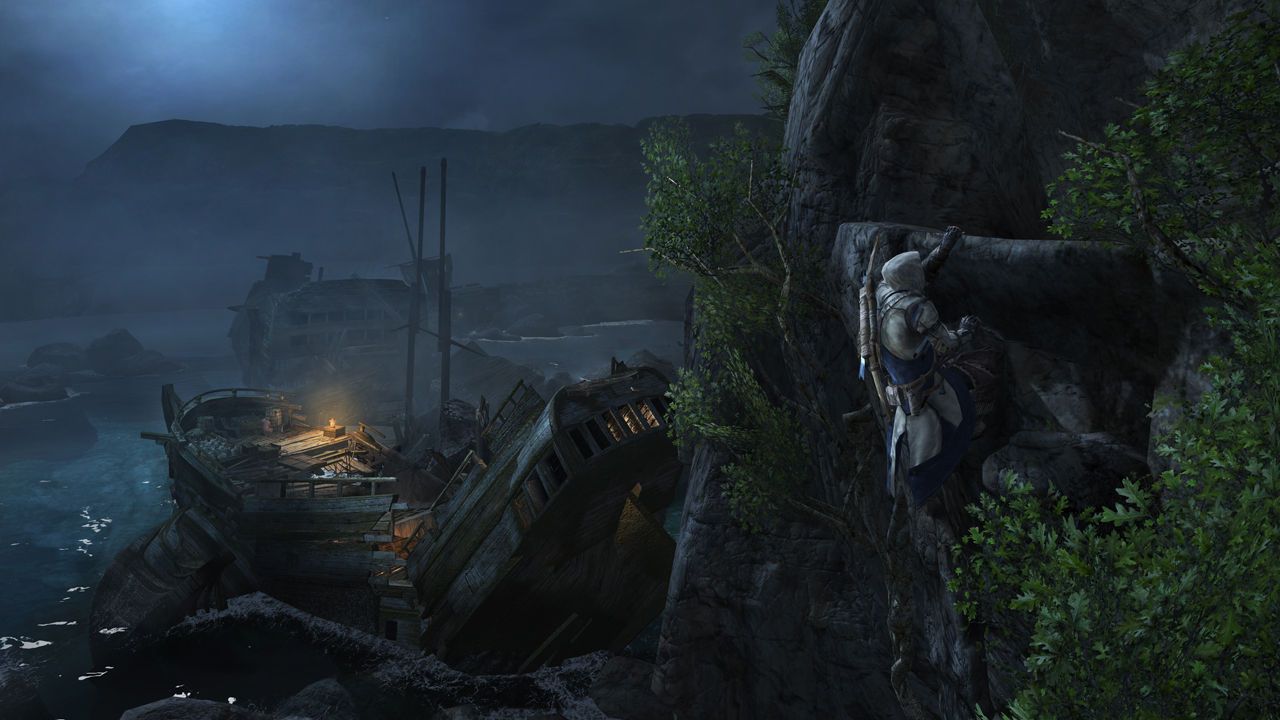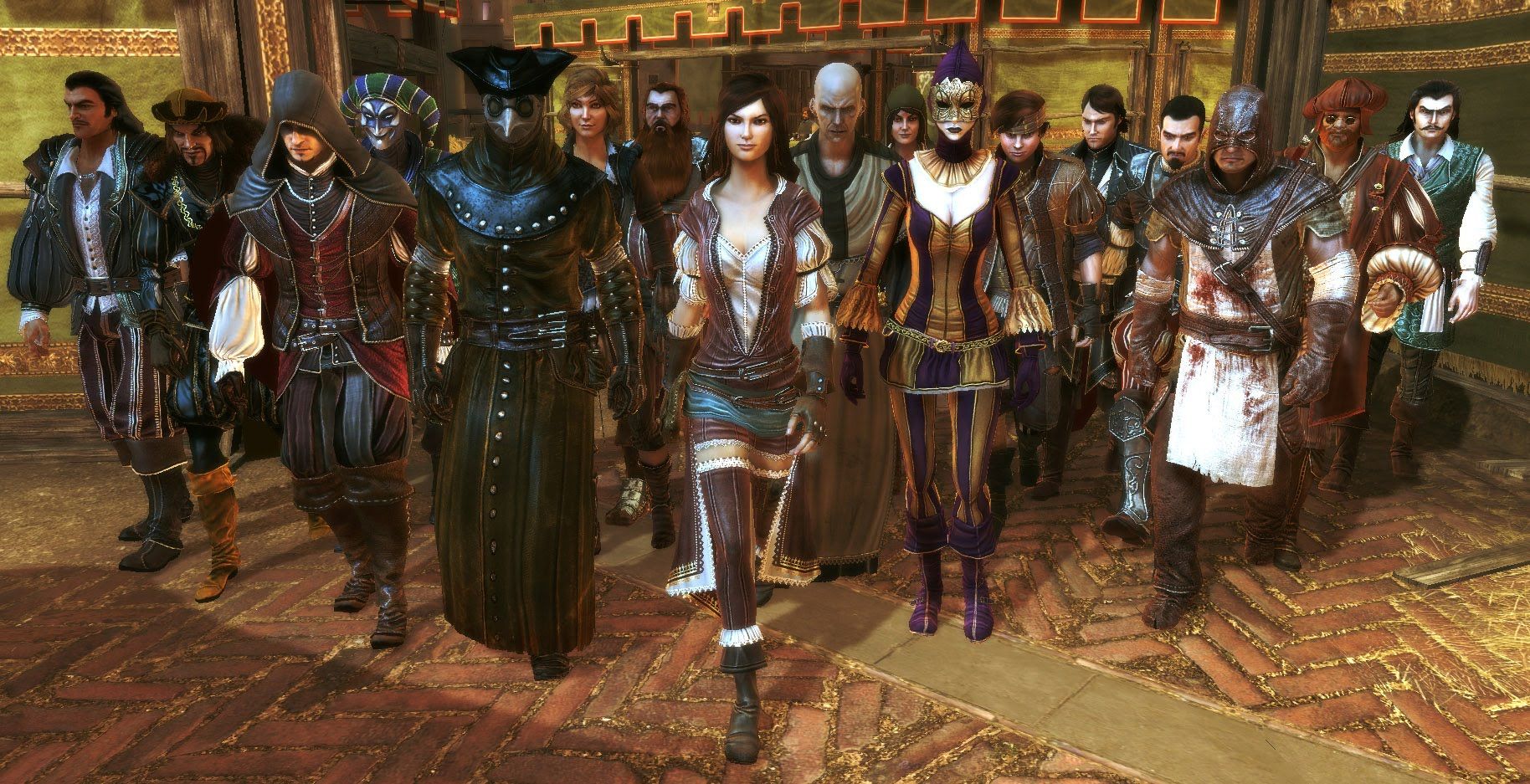Assassin's Creed has long been a video game series defined by its willingness to innovate and evolve over time. The series is in a near-constant state of change with new features being introduced every game while some older ones are forgotten.
Surprisingly, while many of these features are beloved parts of one or more game in the series, the series continues to do well despite its change. Still, we can't help but hope that eventually some of these lost features may find their way back into the series.
10 Owning Property
Assassin's Creed II featured the ability for players to bolster their income by upgrading their home base. Subsequent games in the Ezio Trilogy expand on this idea and open up even more properties to own, allowing players to accumulate wealth rather quickly.
After making appearances in a few of the more recent games, this concept disappeared completely and hasn't made a return since Assassin's Creed Syndicate, two entries ago.
9 Grappling Hook
Another feature last seen in the criminally underrated Assassin's Creed Syndicate, the grappling hook was a tool for the player that has only made a single appearance in the series thus far.
As Syndicate featured many more modern, extremely large structures, the grappling hook was invented to allow players to traverse the city quickly, without a lot of tedious climbing time. Since the series has returned to a much more distant past, the grappling hook hasn't really been necessary for traversal.
8 Execution Chain
An attempt by the developers to break up the monotony of the first two games' heavy reliance on counter-killing enemies, the execution chain allowed players to chain multiple kills together to encourage a more aggressive style.
With its first implementation in Brotherhood turning Ezio into a merciless butcher of men, developer Ubisoft made changes to it every subsequent entry to try and increase the combat's difficulty. As of 2014's Assassin's Creed Unity, the feature has disappeared completely and not made a return.
7 Social Stealth
Once thought of as the defining characteristic of the series, Social Stealth was never really that engaging. After several iterations over the years including massive improvements in Assassin's Creed II and Unity, the concept was scrapped completely for being needlessly tedious and inconsistent.
Subsequent games, including Unity itself, instead began developing more traditional stealth mechanics to bolster or replace the mechanic, and modern games have replaced it completely.
6 Double Assassination
One of the defining characteristics of Ezio after his introduction in Assassin's Creed II was his usage of two hidden blades allowing him to assassinate two enemies at once.
This capability was a welcome addition and stayed with the series for many entries until Assassin's Creed Origins where it, like many classic Assassin's Creed features, didn't make the cut.
5 Recruiting Assassins
One of Assassin's Creed: Brotherhood's most anticipated new features, being able to serve as the leader of your own group of Assassins was an incredible fantasy. While relatively simple in Brotherhood, it was fantastic fighting alongside your own highly trained Assassins in battle and watching them mature into capable warriors.
While the mechanic evolved in Assassin's Creed III with new unique abilities for each Assassin, the mechanic was rarely useful in the game's main storyline and did not make a return for subsequent entries. 2018's Assassin's Creed Odyssey introduced the ability to recruit Lieutenants that provide buffs to the player's ship, but they are a far cry from recruiting your own deadly assassins.
4 Den Defense
Along with retaining the Assassin recruitment mechanic from Brotherhood, Assassin's Creed: Revelations introduced Assassin dens that can come under Templar attack. These dens can be defended by a Master Assassin, but until the player is able to level an Assassin up to such a high level, Ezio must defend them personally.
Taking the form of a pseudo-tower defense game, the player orders different units of Assassins to take down advancing Templars. The mechanic failed to impress many players and unsurprisingly it hasn't made a return since.
3 Disarming Enemies
Starting with Assassin's Creed II, players were given the ability to disarm attacking enemies. This allowed players to quickly acquire a new weapon and use it against their enemies, one of whom was now weaponless and quite an easy target.
This capability became one of the series' most enduring features until eventually disappearing for Assassin's Creed Unity when the game's combat system was drastically changed.
2 Navigation Puzzles
Climbing and free-running were two of the biggest parts of the franchise when the first game was released and have continued to be defining characteristics of the series. What hasn't maintained that same longevity, however, is the various navigation puzzles that made use of those mechanics.
While the Ezio Trilogy most extensively made use of tombs or other environments to challenge the player's free-running ability, the concept of navigation puzzles persisted until the most recent games. Assassin's Creed Origins and Odyssey maintain the climbing mechanics of past games and even improve upon them; however, they are only ever applied as tools for the player to use in their arsenal, not challenges to overcome.
1 Multiplayer
First introduced in Assassin's Creed: Brotherhood, competitive multiplayer became a significant part of Assassin's Creed until Assassin's Creed IV: Black Flag. After interest in the multiplayer mode began to wane, Ubisoft decided to implement a co-op multiplayer mode into Unity instead.
After Unity's launch was plagued by various bugs and connection issues, Ubisoft decided not to pursue any multiplayer for future installments. While subsequent games feature some online functionality, they no longer offer any kind of cooperative or competitive multiplayer.

